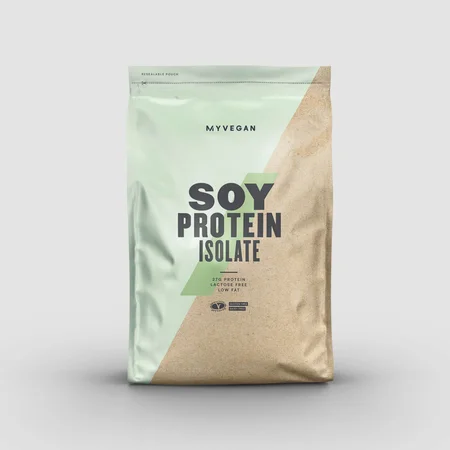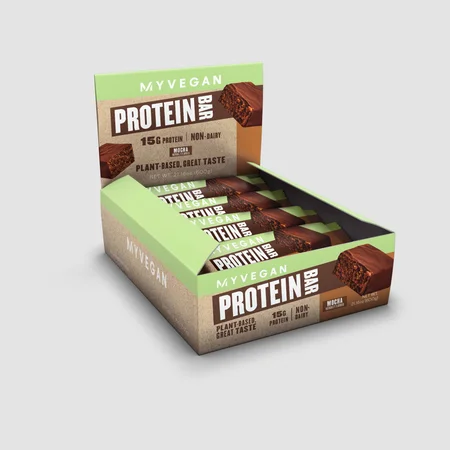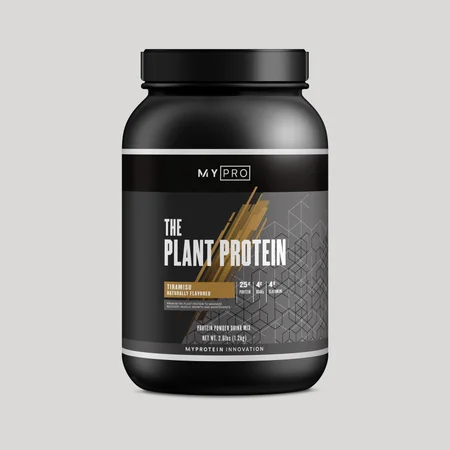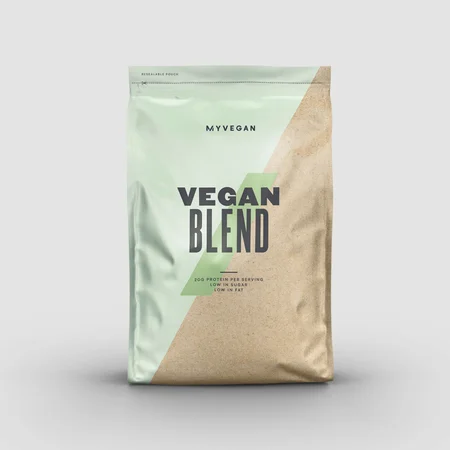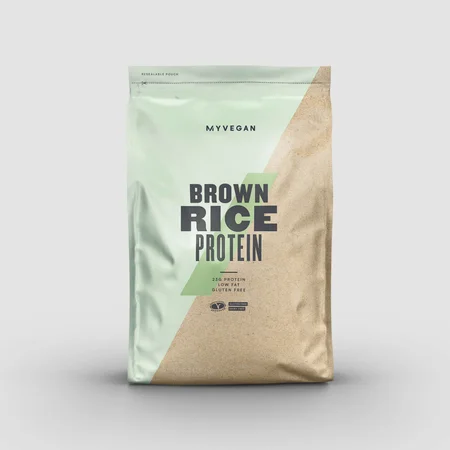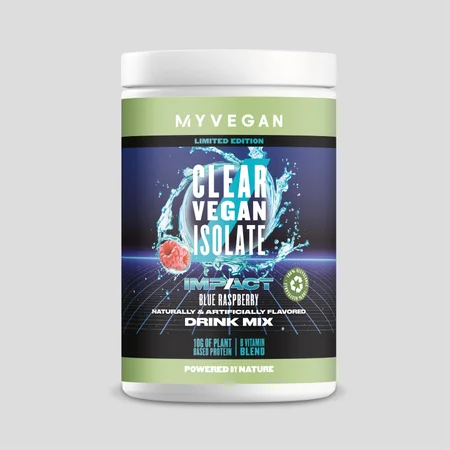Plant-Based Protein vs Whey | Is Whey Protein Vegan?
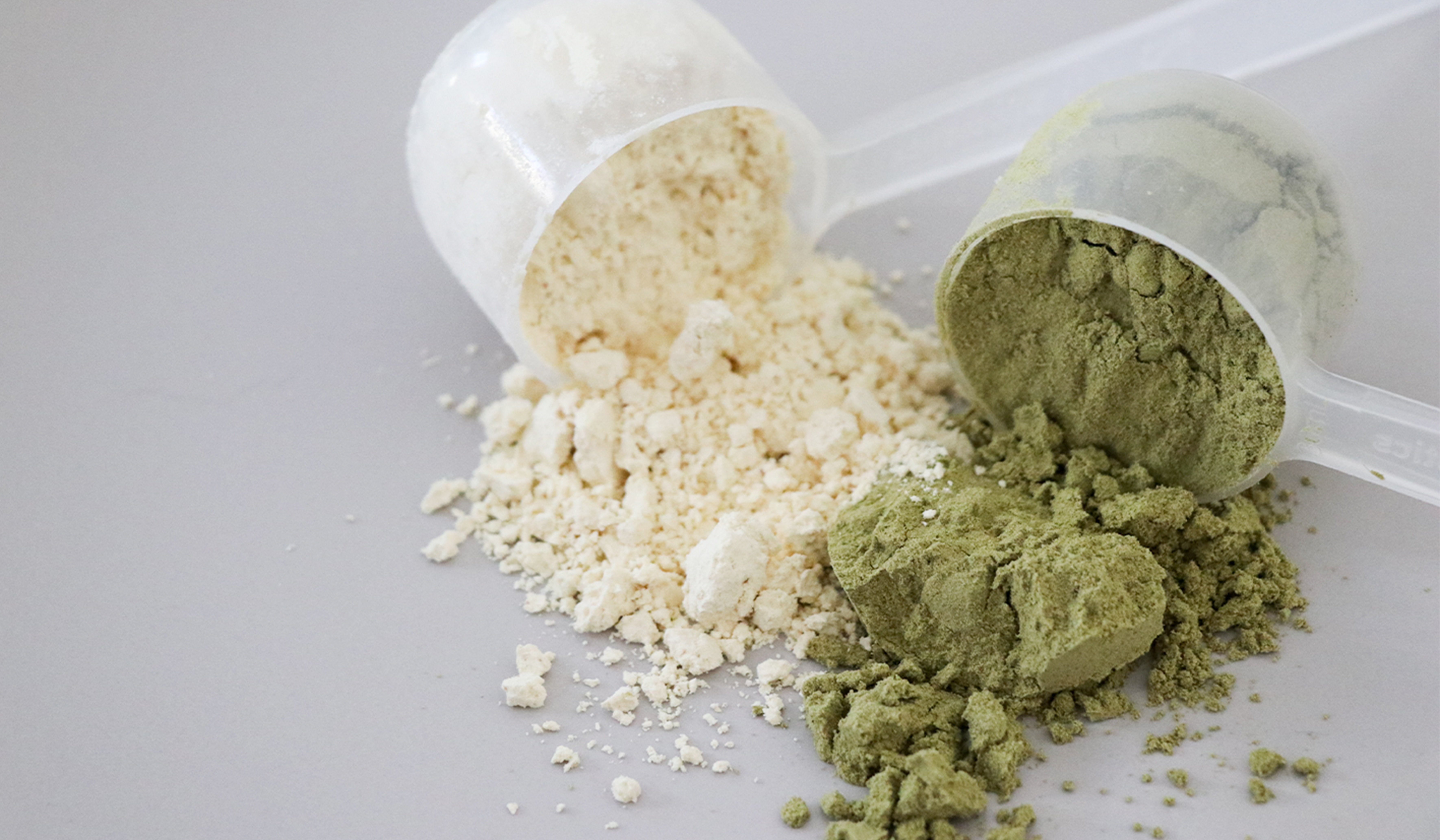
Most people who use protein powders probably don’t think twice about where the protein is coming from. Whey protein is the most common protein powder on the market and comes in hundreds of flavor combinations. However, there are many alternative protein powder options out there which don’t come from milk. This article will introduce some plant-based alternatives to whey and look at the benefits of whey protein and plant-based protein powder to help you make the best decision for you. Here, we differentiate plant-based protein vs whey.
What is whey protein?
Whey protein is one of the most commonly found nutrition supplements designed to help build muscle and lose weight. Whey is considered a complete protein, which means it contains all nine essential amino acids.1 Essential amino acids are the ones that our body can’t make on its own. Whey has been researched extensively and proven to be easy for the body to digest and absorb.1 It’s also available in three different forms — concentrate, isolate, and hydrolysate – which vary in terms of how they are processed, the size of the molecules for absorption, and the concentration of protein.

Is whey protein vegan?
Vegan products, by definition, contain no animal products or by-products. People choose to follow vegan lifestyles for various reasons and to differing degrees. For example, a person following a vegetarian diet might not consume meat but may still drink milk or eat cheese.
Whey protein is made from the separation of milk liquid from milk solids. Because of this reason, whey protein is derived from an animal-based product and isn’t vegan. However, many people with lactose intolerance or minor milk allergies are still able to use isolate and hydrolysate forms of whey (which are further processed into smaller molecules) without experiencing negative side effects.2
Benefits of whey protein powder
- Affordable
- Well-researched
- Helps to build lean muscle
- Helps to repair muscle damage
- Can help to burn fat
- Can increase satiety
- Can positively impact blood sugar control
In addition to being easy to find and relatively inexpensive to purchase, whey protein powder has been well researched and proven to have many benefits. Whey protein supplements have been shown to increase lean body mass thanks to their action of repairing and building muscle in combination exercise.1
When people are trying to bulk up, or even just recover from an intense workout, whey protein is a critical part of their post-workout shake. In addition to helping build muscle, regular whey protein supplementation has been shown to increase performance — healthier muscles, which are well fueled, can perform at their best.3 Some people even use whey protein powder as part of a smoothie to replace a meal.
Because supplementing with whey protects the body’s muscle stores, it can also help to burn fat. Taking extra protein while cutting calories helps the body protect the muscles and burn fat to help to lose weight. Additionally, whey protein has been shown to help increase satiety and even positively impact blood sugar control.3,4
Bodybuilders are not the only ones who can benefit from increased muscle mass — older adults lose muscle over time as part of the aging process, and supplementing with extra protein can help to slow this process and keep them strong and healthy.5 However, eating large steaks and knocking back whey protein shakes isn’t the only route to getting enough protein in your diet.
What is plant-based protein?
Plant-based protein is more common in our diets than you might think. The first plant-based proteins to come to mind are probably soy or tofu, but beans, peas, and lentils are all very high in protein. Nuts and seeds are good sources of protein, and lesser sources (but common ones) are whole-grains (like wheat bread and brown rice), and some fruits and vegetables in small amounts —(some examples are sweet potatoes and broccoli). Following a vegan or vegetarian diet can still provide plenty of protein, but plant-based protein powders are another way to boost your intake.

Remember how whey contains the essential amino acids that our body can’t make on its own? It’s easy to find a “complete” balanced diet by combining several plant protein sources to get all of the essential amino acids. For example, beans and rice are two common sources of plant-based proteins with different amino acid profiles that provide a more balanced amino acid profile when consumed together. This explains the success of this simple plant-based meal combination that’s popular in so many cultures around the world. Here are the benefits of plant-based protein vs whey.
Benefits of plant-based protein powder
- Cholesterol-free
- Fat-free or low in fat
- Easy to find and use
Plant-based protein powders are cholesterol free and often very low in fat or fat free. The options range from soy, hemp, brown rice protein, and pea protein. Vegan protein sources are a popular product and new options are available all the time. While they might not be quite as popular as whey protein supplements, vegan protein powders are still easy to find and can be used in the same way as you’d use a whey protein powder.
How to choose a plant-based protein powder
When thinking back to the benefits of whey protein powder, one primary benefit is its amino acid content. Because amino acids are the building blocks of protein, plant-based proteins will be built from different combinations of amino acids than animal-based proteins are. If you’re paying close attention to getting certain amino acids in your supplement (like leucine), some plant-based products might be higher than others. While the protein content of a soy powder might be similar to a whey powder, their amino acid content can vary dramatically.

Here are some things you will need to consider when deciding which plant-based protein is best for you:
- Is it palatable?
- Does it contain all the amino acids you require to reach your goals?
- How much protein does it contain per serving?
- Is it an organic protein powder?
If you’re debating choosing between a plant-based protein powder and whey protein, ask yourself if a plant-based product alone can meet your goals. For the example above, where a vegan protein powder might be low in a certain amino acid, you could solve that problem by supplementing extra of that amino acid in particular. If you simply prefer the flavor of a plant-based product vs. whey, it might not matter as much to you if the amino acid profiles differ slightly. People who follow a vegan diet are used to finding non-traditional ways to get all of the necessary nutrients for health — for example, getting calcium from leafy greens instead of milk or yogurt.
Some considerations for choosing a plant-based protein powder would come from checking out the label information. See how many grams of protein are in one scoop or serving and decide which one best meets your needs. Sometimes the taste or texture of a plant-based protein powder can be different from what you might expect in a whey protein supplement, so try a few different types and flavors until you find one that you really enjoy.
If the texture or flavor are not the most appealing on their own, try mixing the powder into a simple smoothie with frozen fruit and dairy-free milk to make it more appealing. While plant-based protein powders used to be known for a “chalky” taste and texture, they’ve come a long way since then and many people find them just as delicious as their whey alternatives.
Whey protein is commonly found and inexpensively priced because milk is so naturally high in protein and easy to convert to powdered form. Generally speaking, most plants have lower concentrations of protein per weight than animal sources, which means it might take more of the plant source to produce the same number of grams of protein that a whey product contains.
Additionally, many plant-based protein sources are certified organic in their farm practices or raised in special conditions to optimize their health benefits, which can also sometimes increase their price. To consumers who value a greener process and no animal involvement, the higher price point is well worth it.
Where Can I Get My Protein As A Vegan?
Different types of peas, beans, grains and legumes are high in protein. For example, quinoa, lentils, chick peas, and black beans are all sources of plant-based proteins. However, the easiest way to get sufficient amounts of protein into your plant-based or vegan diet is through the supplementation of the proper protein powders.
The proteins listed below all derive their protein from either pea protein, seeds from fruit, soy or are blends of brown rice and pea protein. Learn more about them though the links below.
Take home message
Protein supplements as a whole provide a variety of benefits — they can help you feel fuller and prevent overeating, help to burn fat, as well as build muscle and increase workout performance. While whey protein is the most common form of protein powder on the market, there are a variety of plant-based protein options for athletes who choose to follow a vegan diet. If performance is your top priority, take the time to investigate the best plant-based protein options for you.
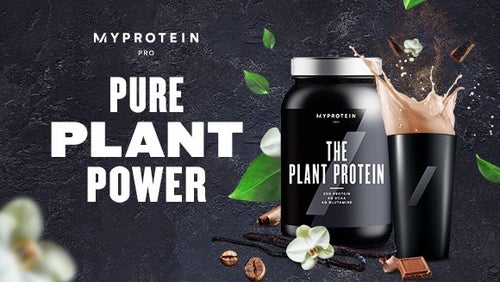
THE Plant Protein: An Ultimate Gamechanger For Pure. Plant. Power.
Introducing our plant-based protein — THE Plant Protein

Claire is a Registered Dietitian through the Academy of Nutrition and Dietetics and a board-certified Health and Wellness Coach through the International Consortium for Health and Wellness Coaching. She has a Bachelor of Science in Biology and a Master’s degree in Clinical Dietetics and Nutrition from the University of Pittsburgh.
Talking and writing about food and fitness is at the heart of Claire’s ethos as she loves to use her experience to help others meet their health and wellness goals.
Claire is also a certified indoor cycling instructor and loves the mental and physical boost she gets from regular runs and yoga classes. When she’s not keeping fit herself, she’s cheering on her hometown’s sports teams in Pittsburgh, or cooking for her family in the kitchen.
Find out more about Claire’s experience here.
- Devries, M. C., & Phillips, S. M. (2015). Supplemental protein in support of muscle mass and health: advantage whey. Journal of food science, 80(S1), A8-A15.
- Kanda, A., Nakayama, K., Fukasawa, T., Koga, J., Kanegae, M., Kawanaka, K., & Higuchi, M. (2013). Post-exercise whey protein hydrolysate supplementation induces a greater increase in muscle protein synthesis than its constituent amino acid content. British Journal of Nutrition, 110(6), 981-987.
- Churchward-Venne, T. A., Murphy, C. H., Longland, T. M., & Phillips, S. M. (2013). Role of protein and amino acids in promoting lean mass accretion with resistance exercise and attenuating lean mass loss during energy deficit in humans. Amino Acids, 45(2), 231-240.
- Frid, A. H., Nilsson, M., Holst, J. J., & Björck, I. M. (2005). Effect of whey on blood glucose and insulin responses to composite breakfast and lunch meals in type 2 diabetic subjects–. The American journal of clinical nutrition, 82(1), 69-75.
- Campbell, W. W., & Leidy, H. J. (2007). Dietary protein and resistance training effects on muscle and body composition in older persons. Journal of the American College of Nutrition, 26(6), 696S-703S.
